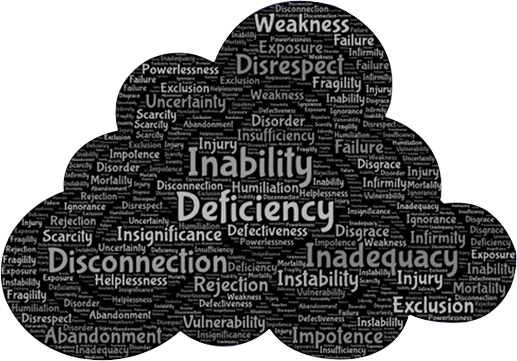The
behavioral therapy as well as consideration of each patient's particular needs,
stage of life, and symptom intensity is needed for treatment for adhd in
women. Effective treatment requires a
multimodal approach, which typically includes prescription medication, therapy,
counseling, stress-reduction techniques, and alterations to one's surroundings
at work and at home. Some women and girls opt for a range of lifestyle changes
to manage their ADHD.
The
challenge of receiving the proper care
Finding
a doctor who can provide women with an ADHD diagnosis with an effective course
of treatment may be challenging. Despite the fact that the number of physicians
trained in treating adult ADHD is growing, it can be difficult to find a
specialist who is aware of the challenges women face when juggling therapy. Most
doctors use conventional treatment for
adhd in women, which can help with emotional and interpersonal issues but
are ineffective for helping women with ADHD learn how to better manage their
condition or develop the skills they need to live more purposeful, productive
lives.
ADHD-focused
treatment addresses a variety of issues, including self-esteem, interpersonal
and familial issues, daily health routines, daily stress levels, and life
management skills. Recent research has
found a connection between untreated or poorly managed ADHD symptoms and both
general health and life expectancy. The ability of a person to control other
chronic medical conditions like diabetes, high blood pressure, or depression is
significantly impacted by poorly treated ADHD. When combined with chronic
stress, this poor overall health management can result in conditions of
persistent ill health and increase the likelihood of an early death.



Comments
Post a Comment